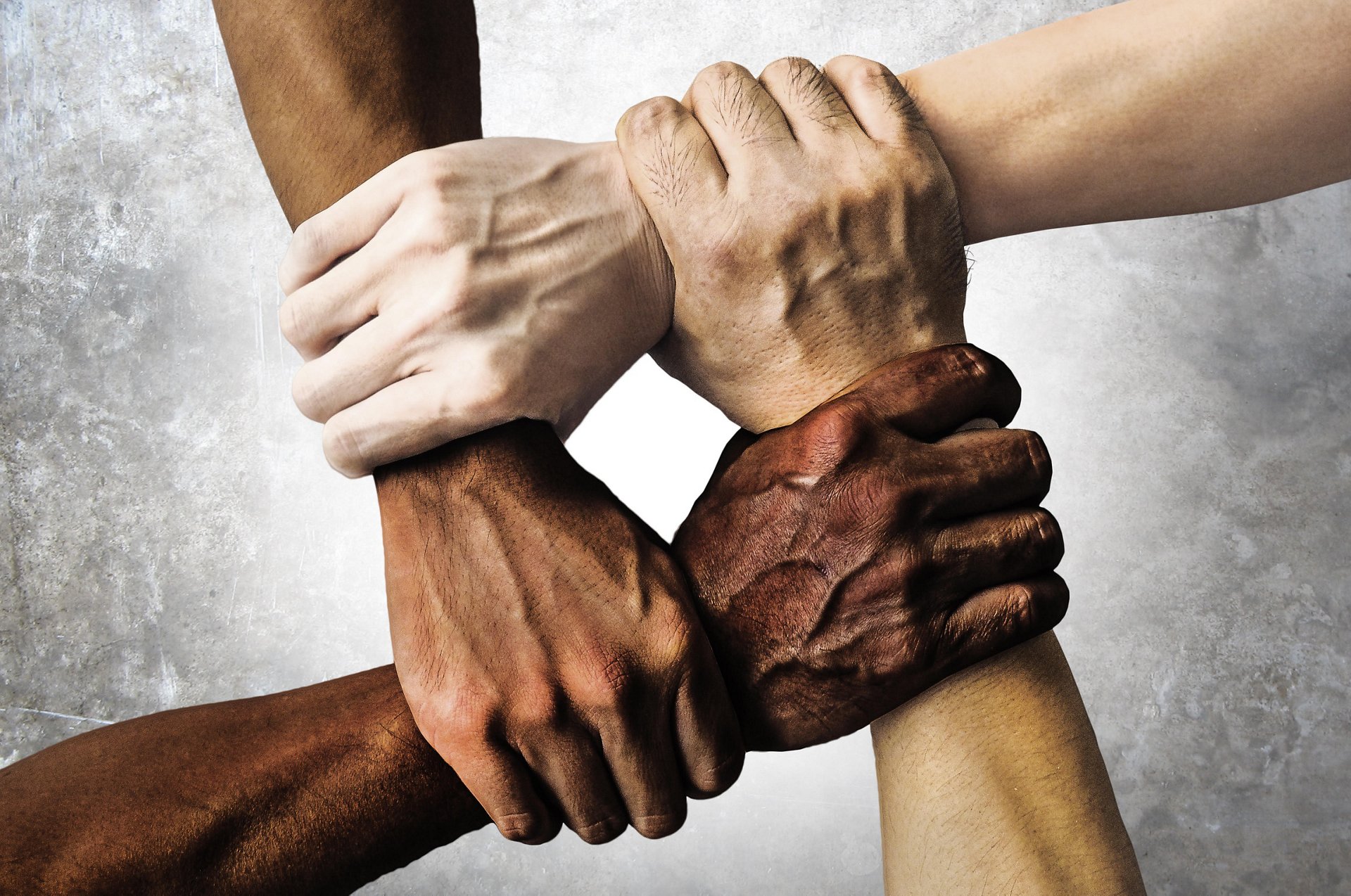HUMAN RIGHTS
Human rights are standards that recognize and protect the dignity of all human beings. Human rights govern how individual human beings live in society and with each other, as well as their relationship with the State and the obligations that the State have towards them.
Human rights law obliges governments to do some things, and prevents them from doing others. Individuals also have responsibilities: in using their human rights, they must respect the rights of others. No government, group or individual person has the right to do anything that violates another’s rights.
Some characteristics of Human Rights
- Universality and inalienability
Human rights are universal and inalienable. All people everywhere in the world are entitled to them. No one can voluntarily give them up. Nor can others take them away from him or her.
- Indivisibility
Human rights are indivisible. Whether civil, political, economic, social or cultural in nature, they are all inherent to the dignity of every human person. Consequently, they all have equal status as rights. There is no such thing as a 'small' right. There is no hierarchy of human rights.
- Inter-dependence and inter-relatedness
The realization of one right often depends, wholly or in part, upon the realization of others. For instance, the realization of the right to health may depend on the realization of the right to education or of the right to information.
- Equality and non-discrimination
All individuals are equal as human beings and by virtue of the inherent dignity of each human person. All human beings are entitled to their human rights without discrimination of any kind, such as race, color, sex, ethnicity, age, language, religion, political or other opinion, national or social origin, disability, property, birth or other status as explained by the human rights treaty bodies.
- Participation and inclusion
Every person and all peoples are entitled to active, free and meaningful participation in, contribution to, and enjoyment of civil, political, economic, social and cultural development, through which human rights and fundamental freedoms can be realized.
- Accountability and rule of law
States and other duty-bearers must comply with the legal norms and standards enshrined in human rights instruments. Where they fail to do so, aggrieved rights-holders are entitled to institute proceedings for appropriate redress before a competent court or other adjudicator, in accordance with the rules and procedures provided by law.
Human Rights in India
There are six fundamental rights (Article 12 - 35) recognized by the Indian constitution:
- the right to equality (Articles 14-18)
- the right to freedom (Articles 19-22)
- the right against exploitation (Articles 23-24)
- the right to freedom of religion (Articles 25-28)
- cultural and educational rights (Articles 29-30)
- the right to constitutional remedies (Article 32 and 226)



Great share
ReplyDeleteGood blog
ReplyDeleteGud
ReplyDeleteAwesome content
ReplyDelete